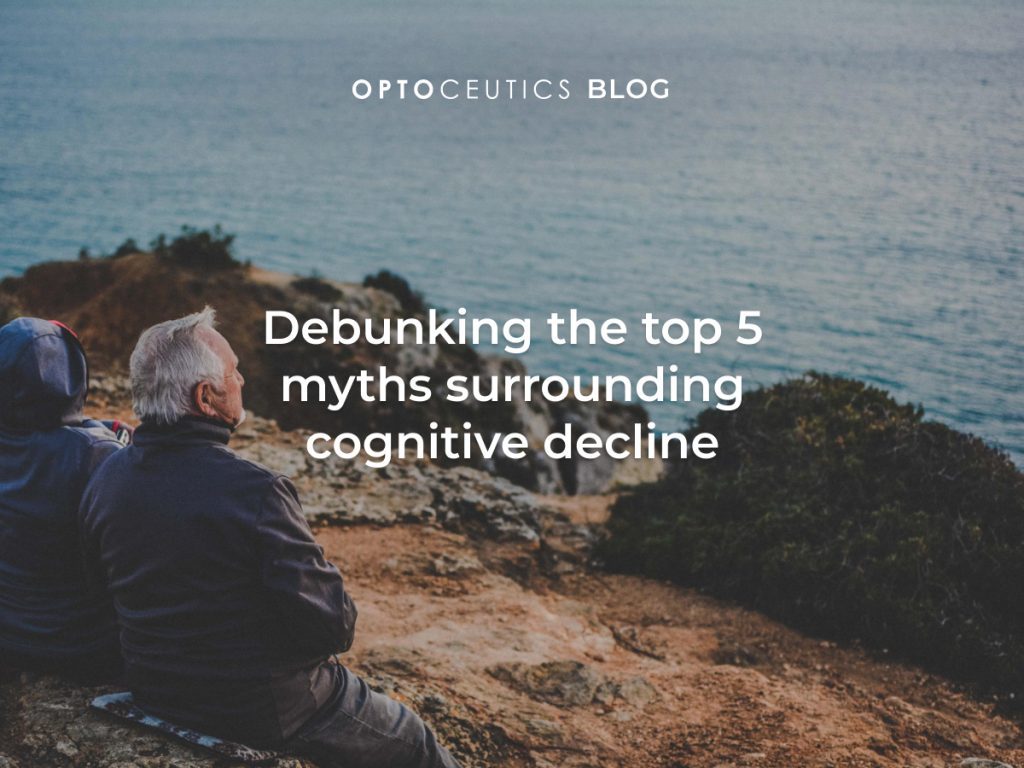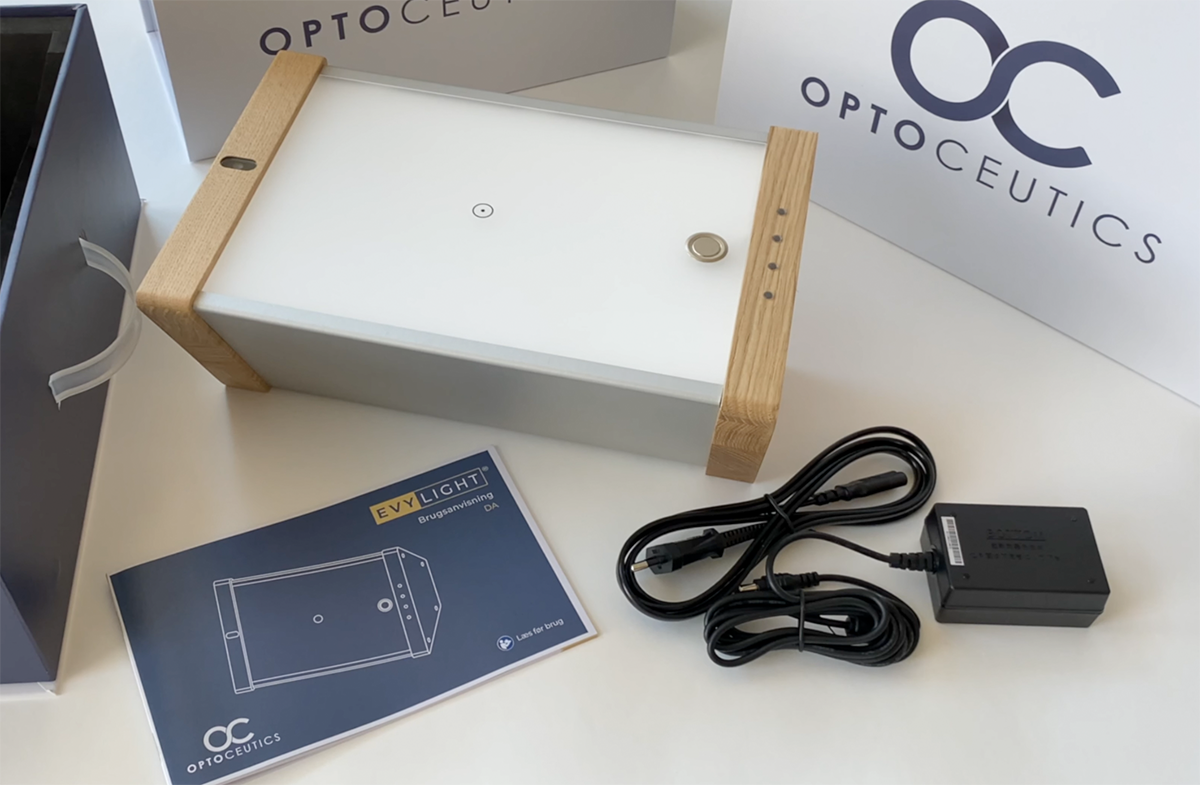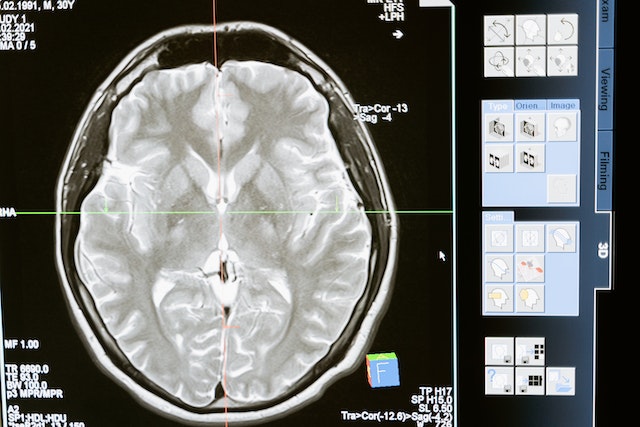When it comes to cognitive decline, it’s essential to separate fact from fiction. Cognitive decline, particularly as we age, is an area often clouded by myths and misconceptions. Let’s debunk the top five myths about cognitive decline that you shouldn’t believe.
Myth 1: Cognitive Decline Is Inevitable with Age
Fact: While some cognitive changes are a normal part of aging (age-related cognitive decline) , severe decline is not inevitable. Lifestyle choices and proactive measures can significantly impact cognitive decline.
Myth 2: Nothing Can Be Done to Prevent Cognitive Decline
Fact: There are numerous steps you can take to reduce your risk of cognitive decline, such as a healthy diet, regular exercise, and brain stimulation. Early intervention can also make a difference.
Myth 3: Memory Loss Equals Cognitive Decline
Fact: Occasional memory lapses are common, even in younger individuals. Cognitive decline encompasses a range of cognitive functions, not just memory. Other skills like problem-solving and language can also be affected.
Myth 4: Cognitive Decline Only Affects the Elderly
Fact: While the risk increases with age, cognitive decline can begin earlier in life. It’s essential to be proactive about cognitive decline at any age.
Myth 5: Nothing Can Be Done If You Have a Family History of Cognitive Decline
Fact: Genetics can play a role, but they are not the sole determinant. Lifestyle factors, such as diet and exercise, can mitigate genetic predispositions. By focusing on a brain-healthy lifestyle, you can potentially reduce the impact of genetic risk factors and enhance cognitive resilience.
Taking Control of Your Cognitive Health:
Now that we’ve dispelled these myths, here’s what you can do to take control of your cognitive health:
- Lifestyle Matters: Adopt a brain-healthy lifestyle with a balanced diet rich in antioxidants, regular physical activity, and mental stimulation.
- Stay Socially Active: Maintain strong social connections and engage in meaningful conversations to keep your mind active.
- Regular Check-ups: Schedule regular check-ups with your healthcare provider to monitor your cognitive decline and address any concerns.
- Mental Exercises: Challenge your brain with puzzles, reading, or learning new skills to keep your cognitive functions sharp.
- Mindfulness and Stress Management: Practice stress-reduction techniques like meditation or yoga to promote cognitive well-being.
- 40 Hz Light Stimulation: Incorporate 40 Hz light-based brain stimulation into your daily routine. With studies showing that as little as 1 hour of daily exposure daily may slow the progression of cognitive decline, it can be a really powerful start for prevention. [1] Learn more about 40 Hz light stimulation and its connection to Alzheimer’s disease here
Remember, prevention is your best ally when it comes to cognitive decline. When it comes to diseases like Alzheimer’s, there is nothing you can do once you have it.
“Your mind is your greatest asset, protect it before it’s too late”
Check out EVY LIGHT® here: https://evy-light.com/EVY-LIGHT-r-p524512256

References:
Jonathan Megerian, Mihaly Hajos, Evan Hempel, Aylin Cimenser, Alyssa Boasso, Colleen Cotter, Martin Williams, Kim Kwan, Jessie Nicodemus-Johnson, Suzanne Hendrix, Brent Vaughan, Zach Malchano
Neurology May 2022, 98 (18 Supplement) 1936;
Curious to learn more?
Take a look at some of our other blog posts to dive into the science of living a healthy and happy life.
We at OptoCeutics wish you a great reading journey beyond ?







































